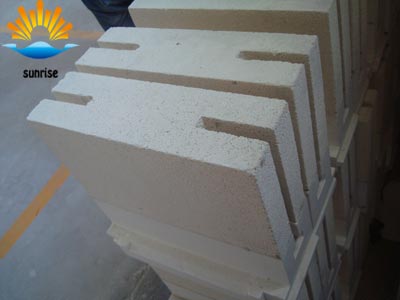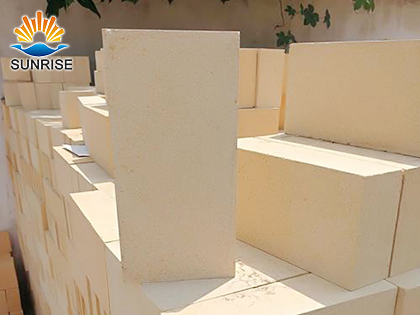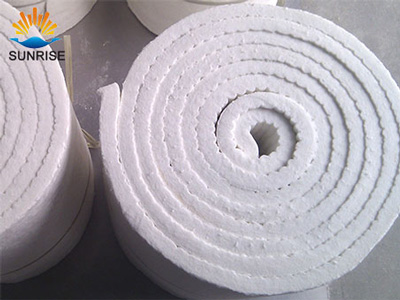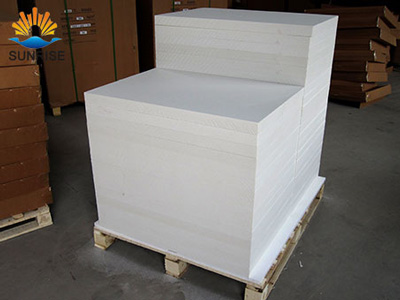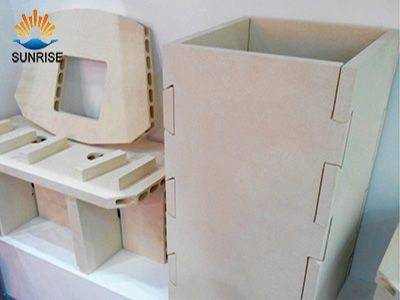Refractory knowledge
- Improve the service life of chrome corund
- How to improve the insulation performance
- The impact of Sino-US trade war on the re
- Lightweight fire brick performance
- Introduction to the production process of
- Physical properties of refractory materia
- The production process of Refractory Bric
- Application of Lightweight Clay Brick in
Hot Products
the insulation performance of mullite insulation brick
The mullite insulation brick usually contains impurity oxides such as TiO2, Fe2O3, CaO, MgO, K2O and Na2O, and the impurity content of mullite produced from natural raw materials is higher than that of synthetic raw materials. These impurity oxides act as fluxes in mullite, reducing the formation temperature and viscosity of the melt, increasing the amount of liquid phase generated, and increasing the dissolution rate and amount of dissolution of the melt in the solid phase, but each impurity oxide The role of the intensity of the different, of which the K2O and Na2O on the liquid phase formation temperature has the greatest impact, K2O and Na2O, respectively, the temperature of its no-variable point lower 513 ~ 724 °C, but also to break down the role of mullite. Among these impurity oxides, the effect of TiO2 is minimal, and only the temperature at the no-parameter point is lowered by 101 to 107°C. When the content of TiO2 is small, in addition to forming a limited solid solution in part of the solid solution in mullite, and promoting the growth of mullite and crystal growth, some of them enter the liquid phase to form vitreous bodies at high temperatures.
Fe2O3 has a certain degree of solid solubility in mullite and corundum at high temperature, forming a limited solid solution. Its solid solubility in corundum is higher than that in mullite. Due to the formation of solid solution, the crystal lattice of mullite and corundum grows. The effect of Fe2O3 on the initial melting temperature of Al2O3-SiO2 material depends on the content of Al2O3 in the system or the ratio of Al2O3/SiO2. When Al2O3/SiO2, the initial melting temperature is 1380 DEG C, when Al2O3/SiO2>2.55, the initial melting temperature Increased to 1460 °C, and gradually increase with its A12O3 content. In the reducing atmosphere, Fe2O3 was reduced to FeO and desolved into the glass phase, and the initial melting temperature of the system decreased, dropping to 1240°C and 1380°C, respectively.
In short, with the increase of Al2O3 content in mullite bricks, its high temperature performance is improved, while the increase of the amount of melt and the decrease of high temperature performance. Accordingly, strict control of the content of impurities, especially K2O, Na2O and Fe2O3, is an important measure for obtaining high-performance mullite bricks. Used in the slag or gas environment containing alkali components, it has a serious erosion effect on mullite bricks.